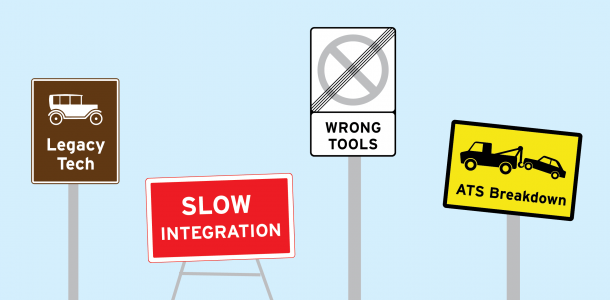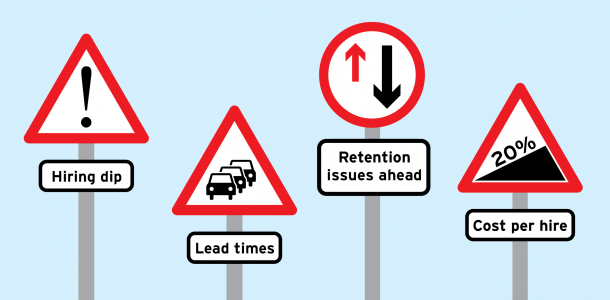I'm old enough to remember the days when recruitment advertising filled the pages of the…

Making econometrics part of your recruiting attraction strategy
What is ‘econometrics’? First – to save you looking it up – here’s what wikipedia says on the subject:
Econometrics is the application of mathematics, statistical methods, and computer science, to economic data and is described as the branch of economics that aims to give empirical content to economic relations. More precisely, it is “the quantitative analysis of actual economic phenomena based on the concurrent development of theory and observation, related by appropriate methods of inference.” An introductory economics textbook describes econometrics as allowing economists “to sift through mountains of data to extract simple relationships.”
It might not sound that simple, but it can be. Applied to the world of recruitment, econometrics can quantify what you’re getting for every pound you spend on attracting talent. Consider a few key points:
- What do you spend on your website? Maintenance, updates, new keywords, maintaining & building traffic, creating content. What does it bring to your bottom line?
- What do you spend on social media – content, blog writing, employing somebody – What do you get from your spend?
- Job Postings: which job boards (whether national, local or niche) and which postings get you the best response, CPA, APV and bums on seats?
- If you’re a recruitment consultancy, how much income do you actually make from every pound you spend on postings?
I could go into much more detail about what the answers to these questions really mean and, indeed, I’m happy to talk through econometrics in much greater depth. You might already presume you’re spending to much in some areas and not enough in others, but you shouldn’t rely solely on personal preference, gut feeling or even just on past experience. Until you apply Talent Econometrics to your current hiring strategies, you might never know the full extent of the value you’re getting right now, or where to turn to make improvements.



